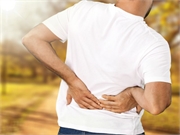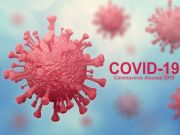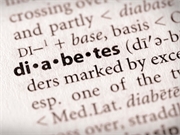
The coronavirus pandemic can be especially difficult for children and adults with autism and their families, experts say. Self-isolation and disruption of routine are tough for anyone, but may emotionally upend someone with an autism spectrum disorder, said Dr. Adrien Eshraghi, a professor and director of the University of Miami Hearing Research and Communication Disorders… read on >

















